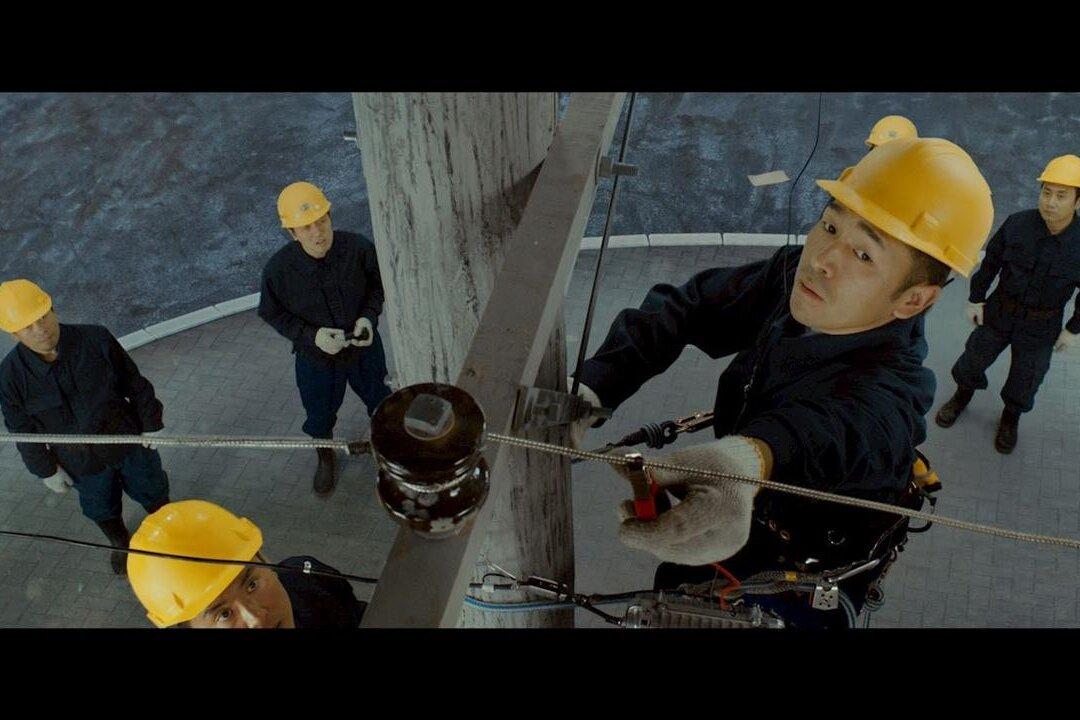In China, six people hijacked the cable TV airwaves on March 5, 2002, to broadcast uncensored information that exposed a state-sponsored lie; the lie was exposed in two cities for 50 minutes, but at the cost of their lives.
The six, known as the “Airwave Six,” include Liang Zhenxing, Zhou Runjun, Lei Ming, Liu Haibo, Hou Mingkai, and Liu Chengjun, most of whom have been tortured to death.
Falun Gong, also known as Falun Dafa, is a spiritual practice rooted in the Buddhist tradition, that attracted 70–100 million adherents by the late 1990s. Practitioners come from all walks of life, from the central government to ordinary families.
Fearing its immense popularity, on July 20, 1999, then-Party leader Jiang Zemin launched a campaign to smear Falun Gong to justify a campaign of violence against them.
Suppression was escalated when a triggering event—a self-immolation event—was staged on Tiananmen Square and later broadcast nationwide by state media.
Although western reporters, international organizations outside China acknowledged holes in the so-called “self-immolation,” the truth was not revealed inside China.
“This was the turning point ... when police and labor camp leaders lost all remaining restraint in torturing and killing Falun Gong practitioners,” said in the documentary. “For the millions of people who practice Falun Gong across China, it seemed at this point all hope was lost.”
In the northeast of the country, however, a secret plan was afoot in a rented house.
On the night of March 5, 2002, using bicycles and cabs to get around, practitioners in official-looking clothes tapped into eight cable channels in Changchun and nearby Songyuan City and broadcast Falun Gong truth-clarification videos simultaneously.
The 50-minute program, without being interrupted, soon shocked the city by reaching out to 300,000 cable subscribers in Changchun. Nearly 100,000 households were able to watch “Self-immolation or Hoax?” and “Falun Dafa Spreads Worldwide.”
The cable network tapping succeeded.
Consequently, all six members of the core broadcast team died at the hand of Chinese authorities. Liu Haibo was arrested on the night of March 10 and died a few hours later while in custody.
However, the loss of the six lives was not in vain. In the following months, other groups of individuals in other cities made similar attempts to take over the CCP controlled distribution lines, achieving success in other Chinese cities as well.
An information revolution began that challenged the oppressive CCP regime, had also been launched worldwide.
In 2006, overseas Falun Gong practitioners were inspired to form the Global Internet Freedom Consortium, a U.S.-based alliance of organizations that developed anti-censorship software that helped people break through the Chinese firewall, allowing Chinese people to freely access websites outside of China that the CCP had blocked. It advanced the cause of the freedom of information not only in China, but also Burma (also known as Myanmar), and Iran.




